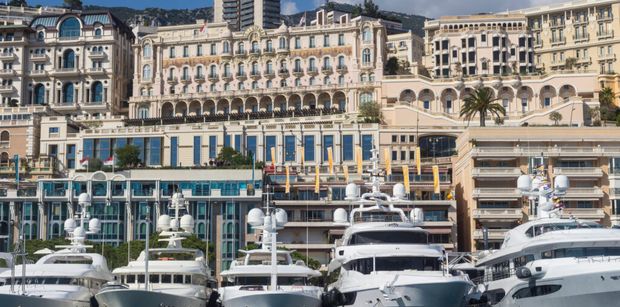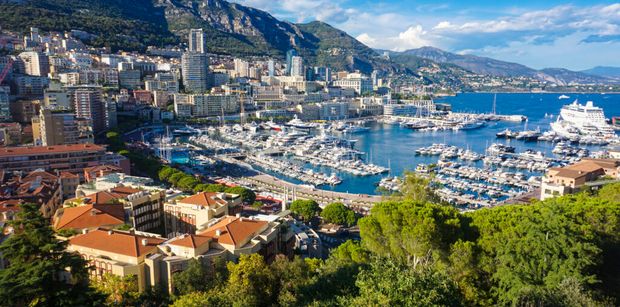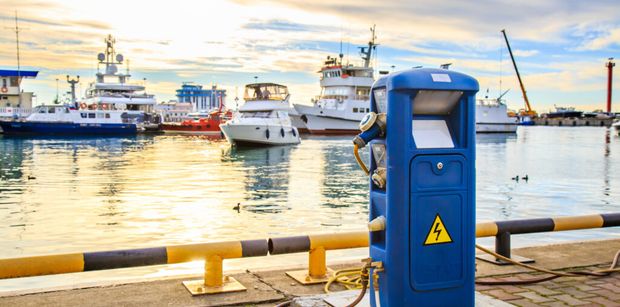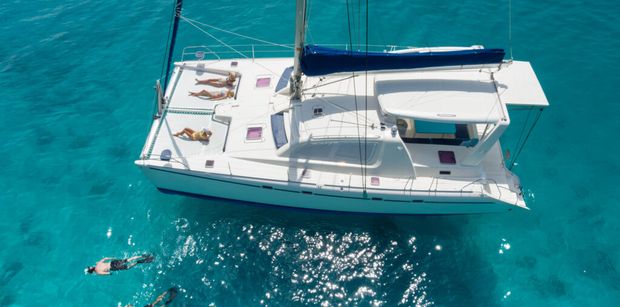As the seasons change, the winter months offer a unique opportunity to explore some of the world’s best yachting destinations. These worldwide locations increasingly embrace sustainable practices, enabling you to enjoy a yacht charter with a lower environmental impact.
At Boatbookings, we love helping our clients take advantage of some of the best cruising grounds while minimizing their carbon footprint; here are our favourite five:
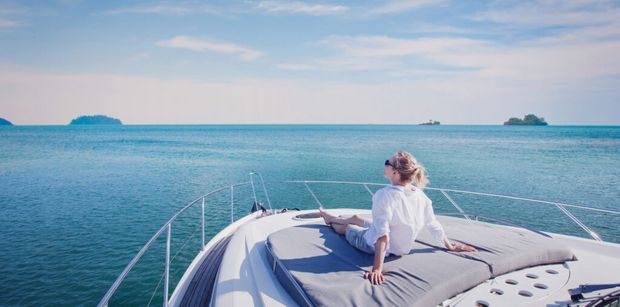
The Bahamas
The Bahamas is a perfect cruising spot for the Caribbean winter boating season, especially for our green crewed charter catamarans, thanks to the shallow anchorages ideal for catamarans. The archipelago boasts easy access from the US, and because of its pristine beauty, the islands are committed to protecting its biodiversity and marine life. Habacoa Marina will launch here in 2027; the new marina in South Abaco will integrate sustainable technologies and use environmentally responsible materials, and an important focus will ensure a connection to the island’s beauty.
Antigua
Antigua is another iconic winter cruising destination. This Caribbean island has 365 beaches, one for each day, dotted along its vast coastline. Snorkeling and scuba diving are ideal activities on a boat charter, where you can enjoy the vibrant coral and marine life with minimal impact. The Cades Bay Marine Park is one of the best spots for hanging out with the island’s marine life. Above the water, where the Caribbean’s most iconic sailing race is held, the week-long yacht regatta, Antigua Sailing Week, is one of the island’s most notable events and is perfect for a sailing yacht charter.
Indonesia
The year-round summer here is putting Indonesia on a lot of charter yacht radars, gaining more popularity. There is endless adventure and exploration within these incredible islands on a winter yachting vacation. At the heart of the coral triangle, Indonesia is home to incredible marine life where the Indian and Pacific oceans meet. The Raja Ampat islands in eastern Indonesia are some of the world’s most biodiverse marine regions and are a UNESCO-protected site. The Marine Protected Area (MPA), here, means that illegal fishing and destructive tourism are managed to minimise the environmental impact. Another boating hotspot here is Lombock, the surfing haven – a perfect spot to try out a watersport that has minimal impact on the marine ecosystem.
The Maldives
Another one of Boatbooking’s favorite winter charter destinations is the Maldives. The peak season is between December and March; during this time, the water visibility is great, and the perfect time to visit the islands. On a yacht charter in the Maldives, you can experience some of the world’s best beaches and underwater world. The archipelago is leading sustainable travel, with new standards for marine tourism to ensure boating here has a lower environmental impact.
Thailand
Thailand is an incredible yacht charter destination in southeast Asia, with plenty of adventures to be had. Known for its warm hospitality, beautiful beaches, and fantastic food, Thailand is a great spot to cruise. You can enjoy elephant trekking through Krabi’s National Park, scuba diving in Ko Tao, or the UNESCO anchorages of Similan and Surin Islands. Phuket, the yachting hub in Thailand, advocates for a more sustainable boating sector, with the Royal Phuket Marina prioritizing sustainable initiatives.
Escape the colder months with one of these destinations perfect for adventure or relaxation, and charter one of our greener charter catamarans to have less impact on the environment. Whether you are looking at heading to the Caribbean, the South Pacific, or the Indian Ocean this winter, there is a boat charter destination ideal for your next vacation. To find out more, contact the Boatbookings team today.

